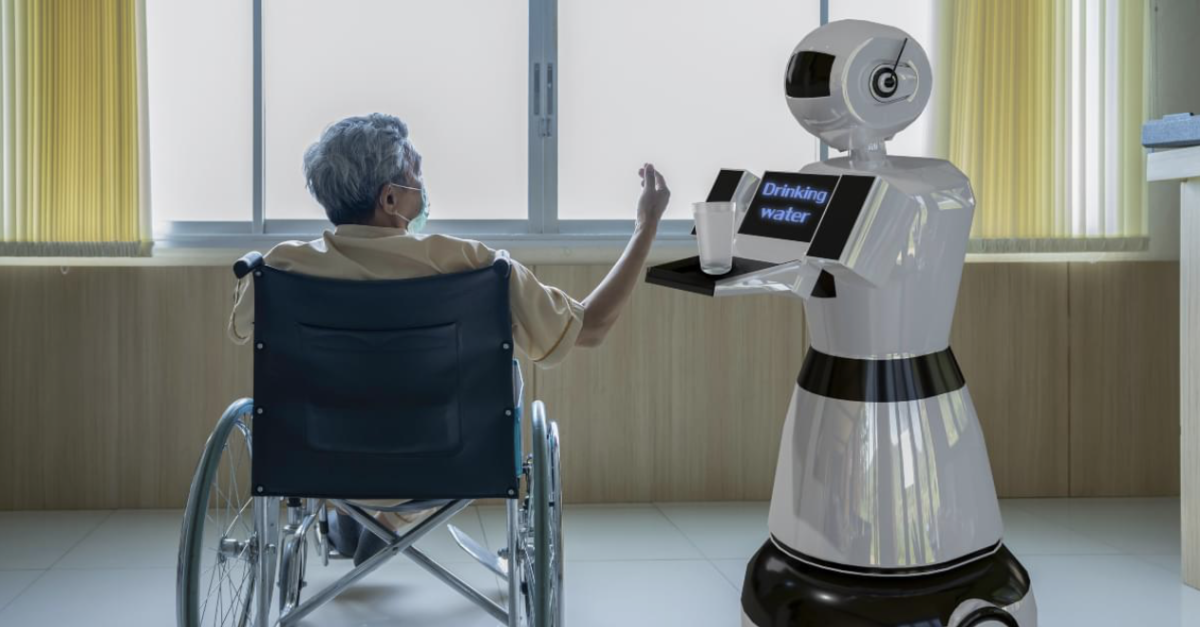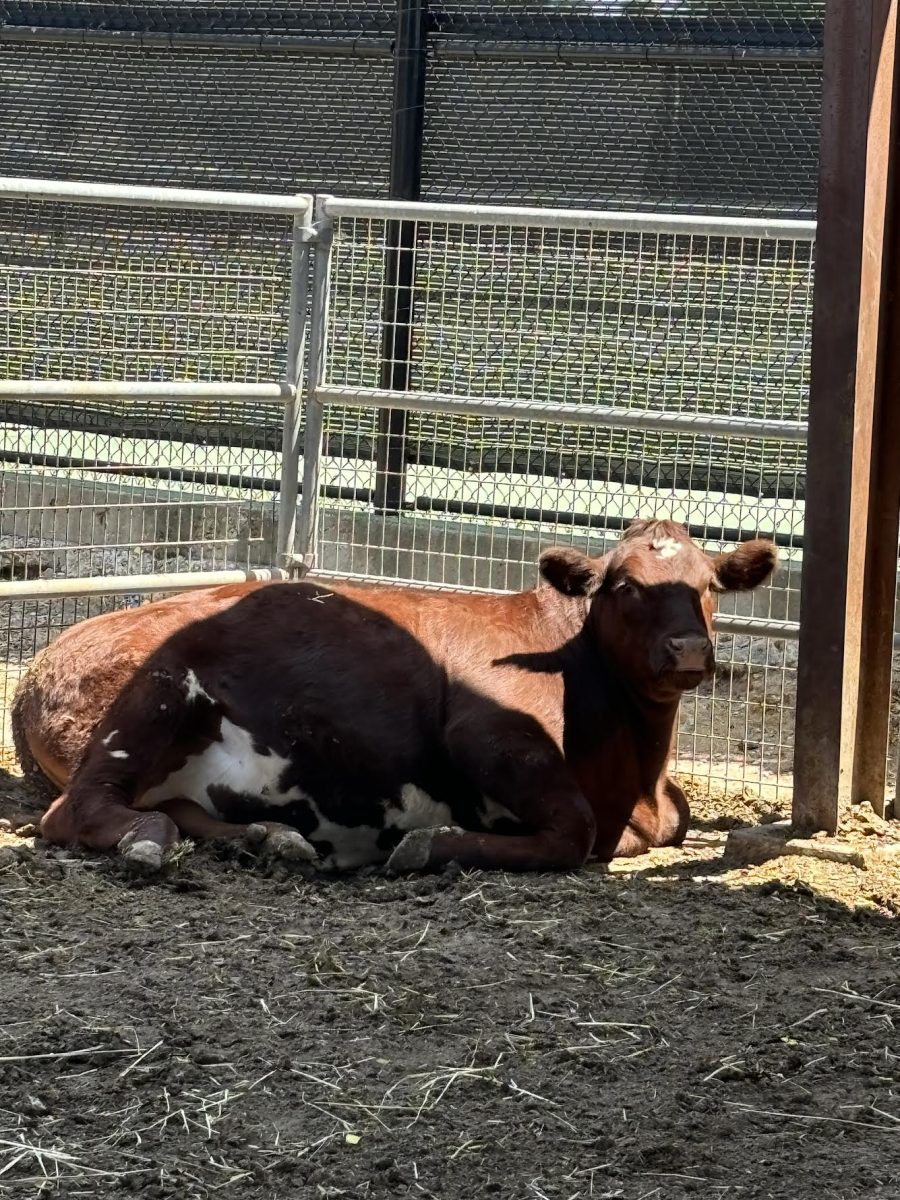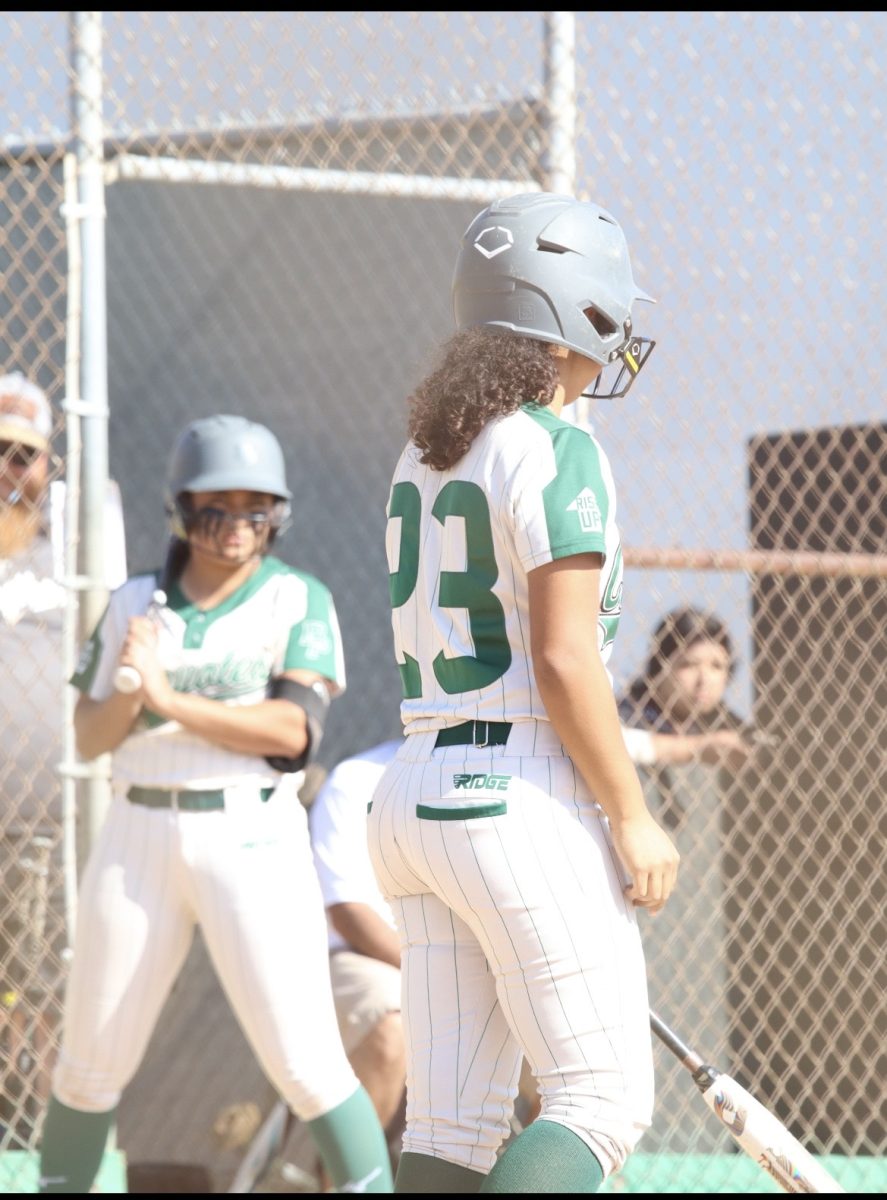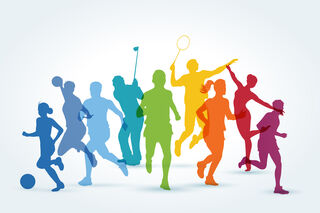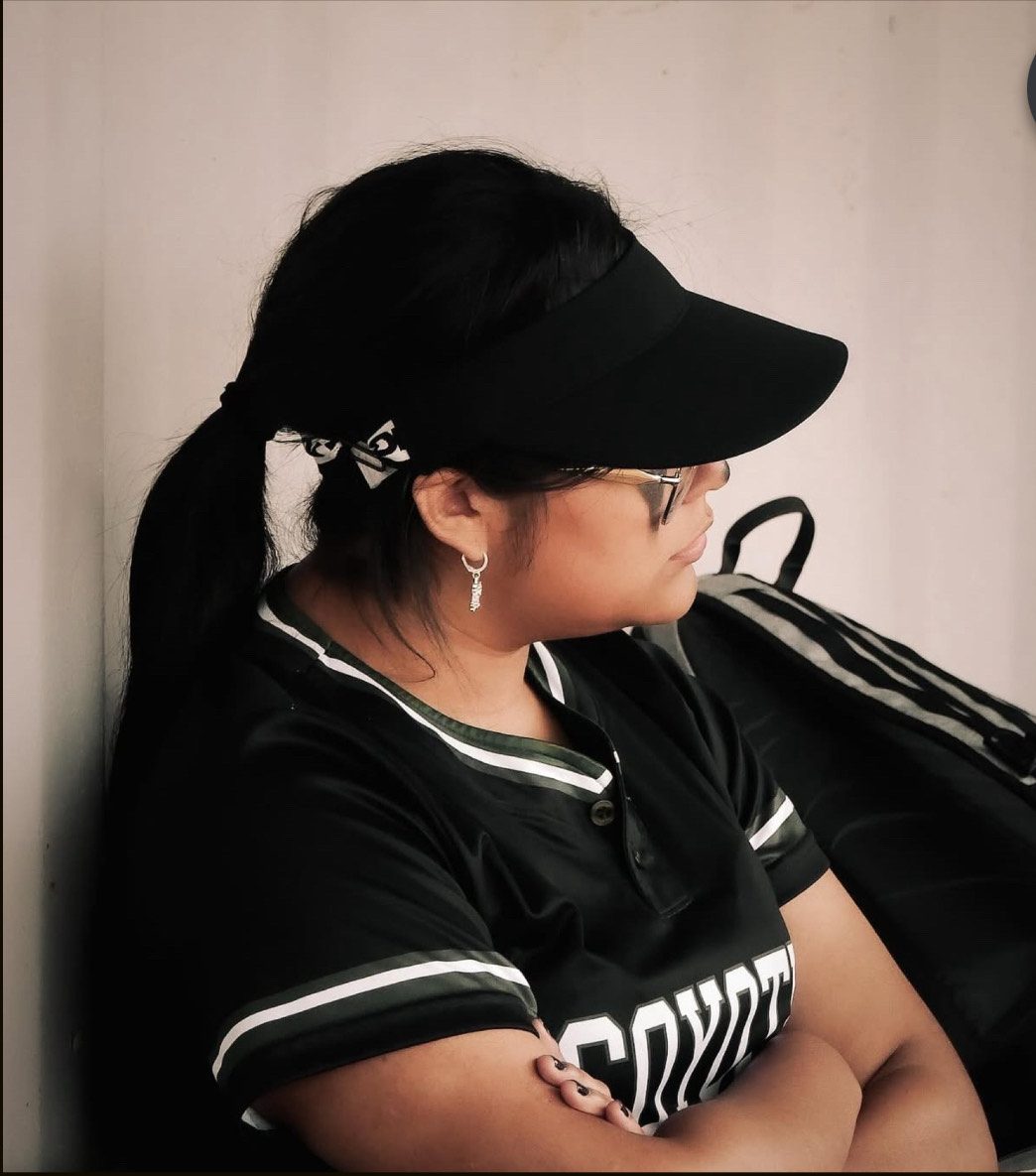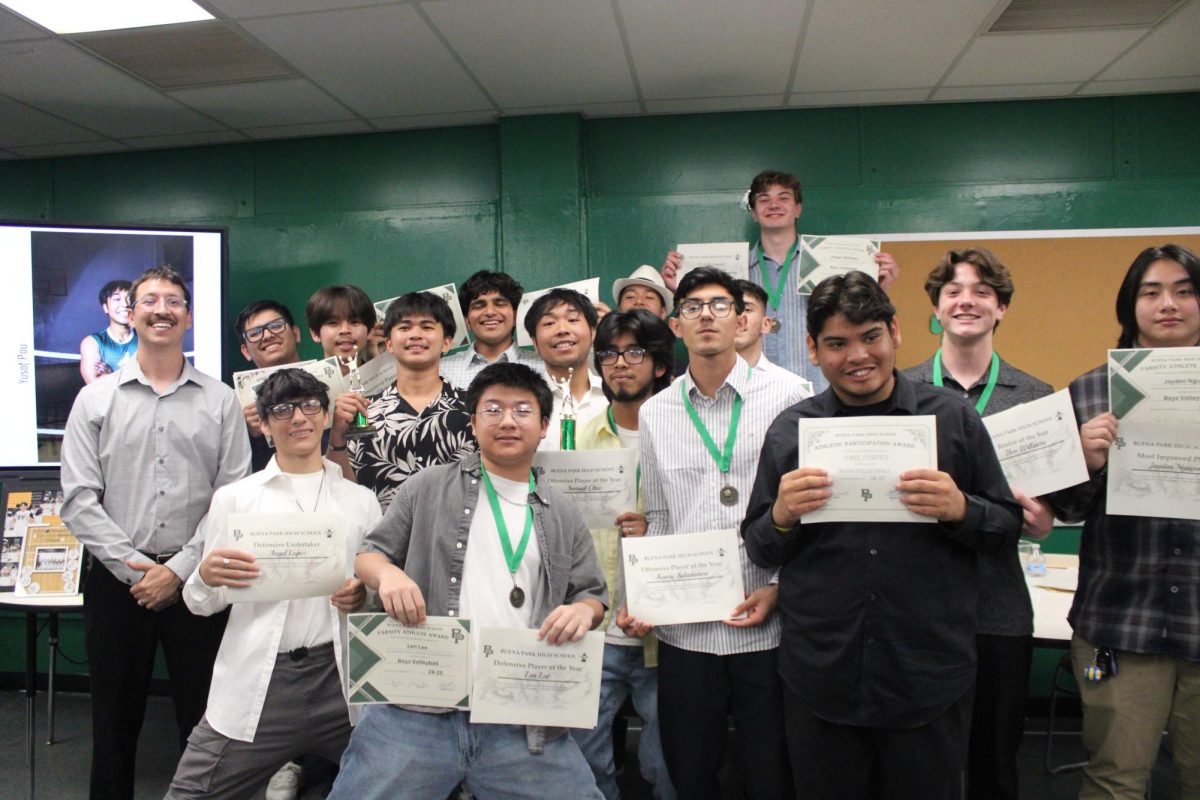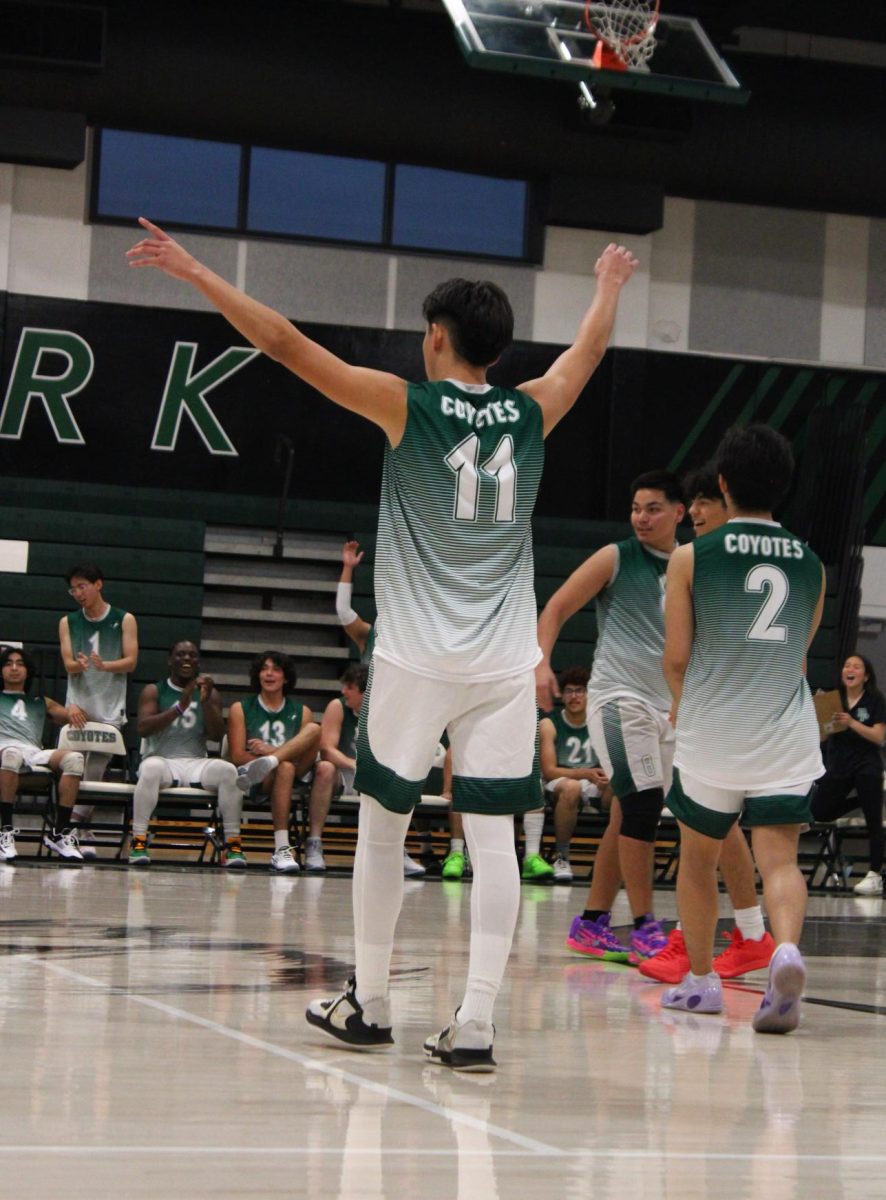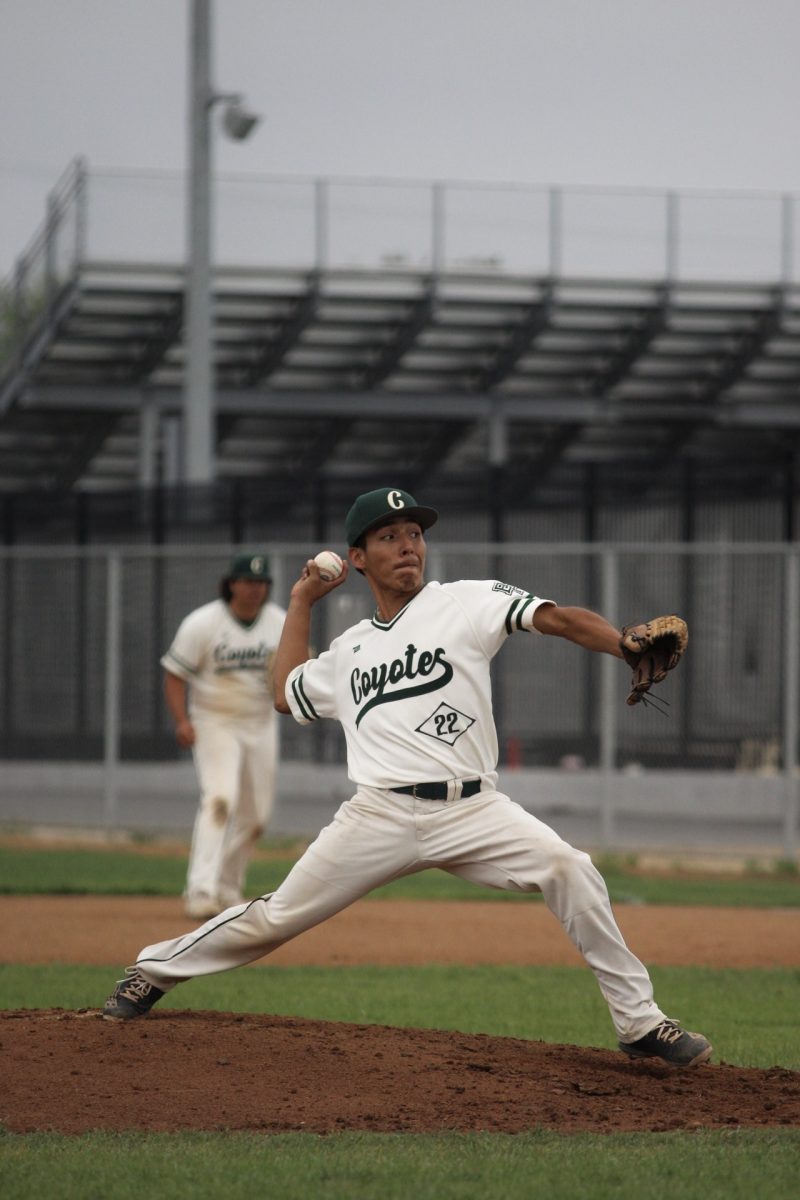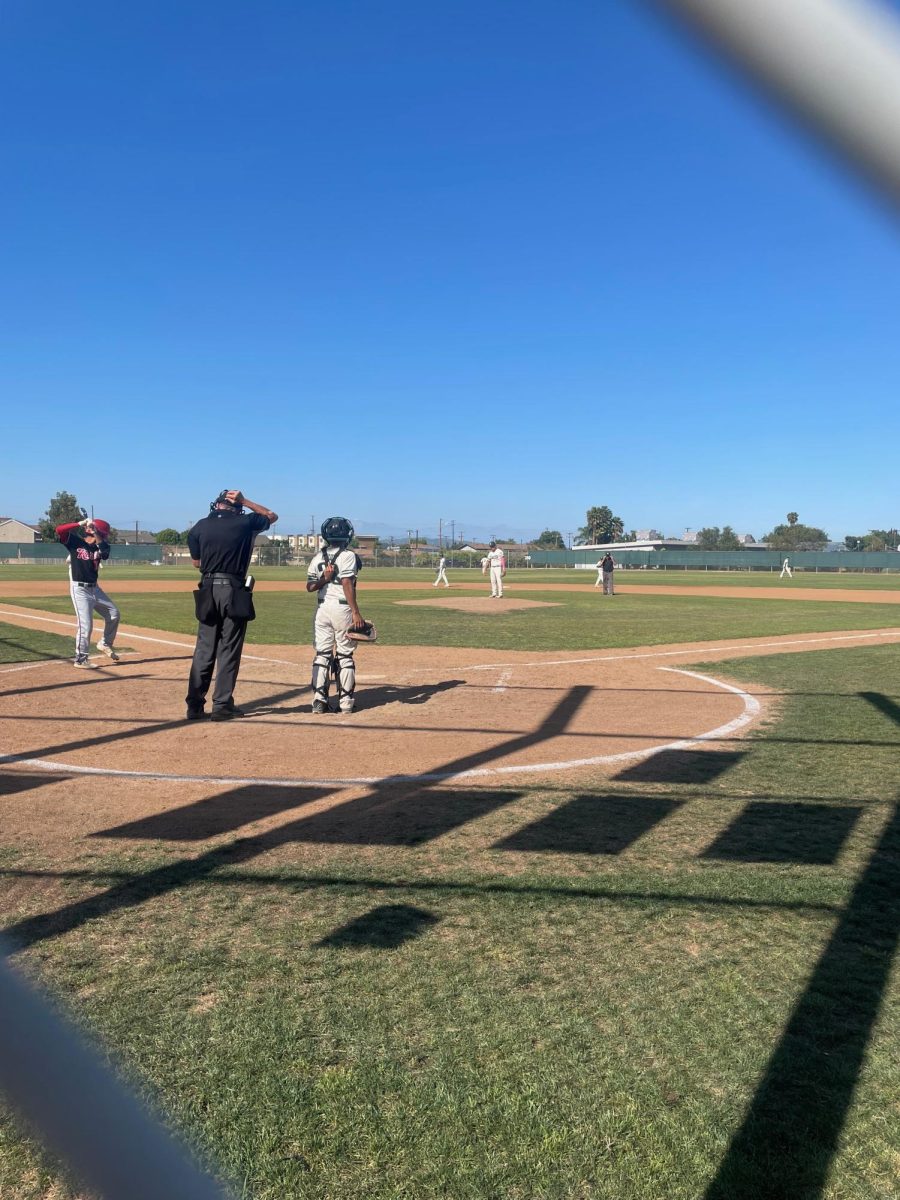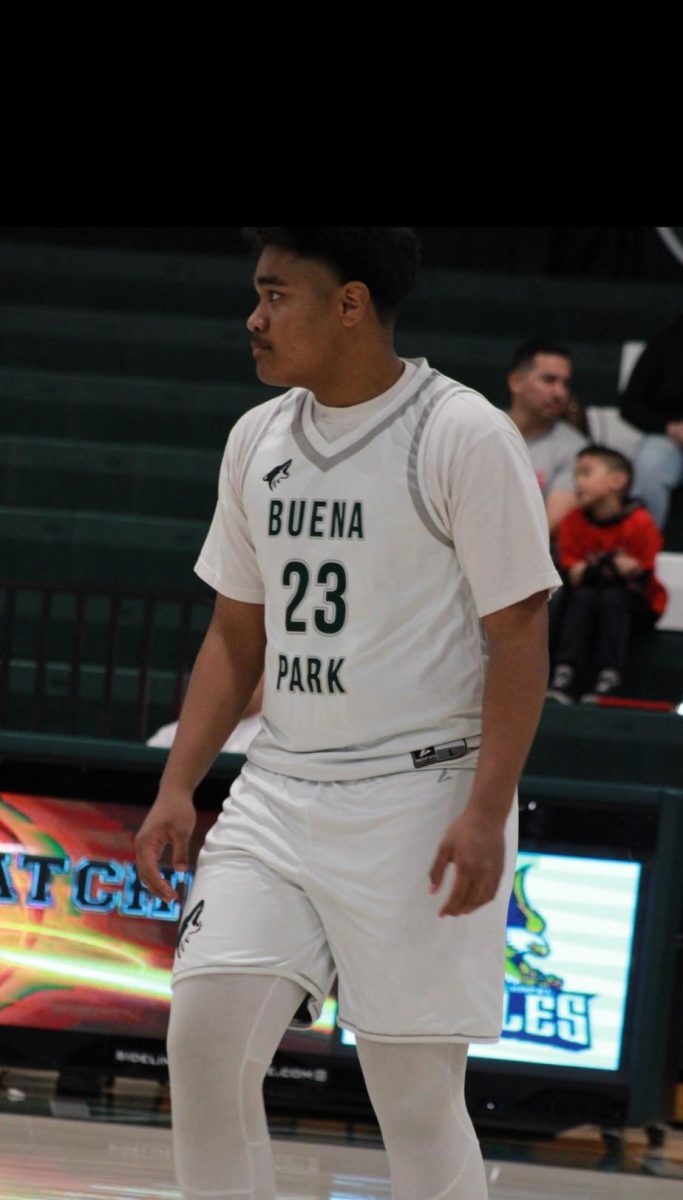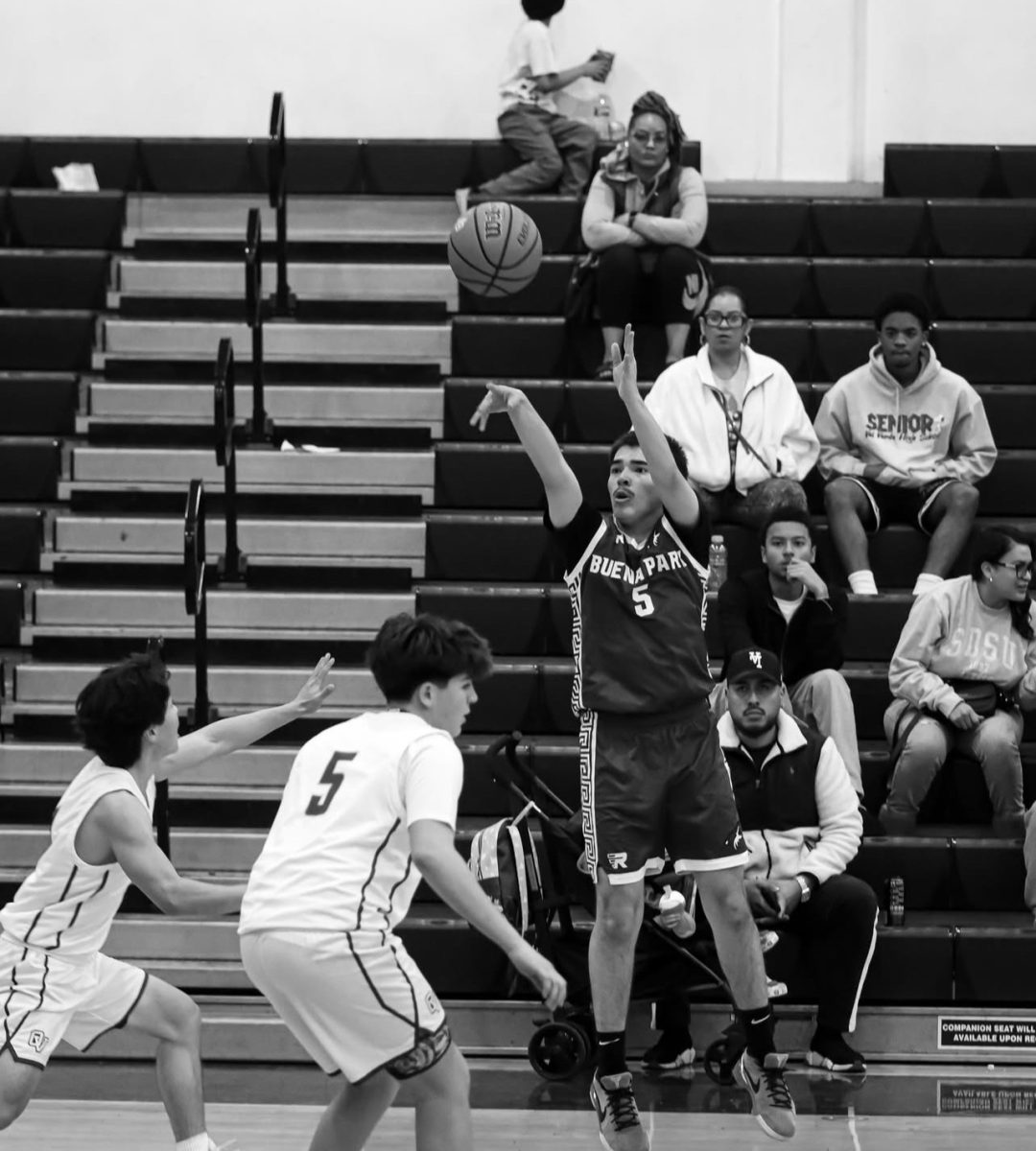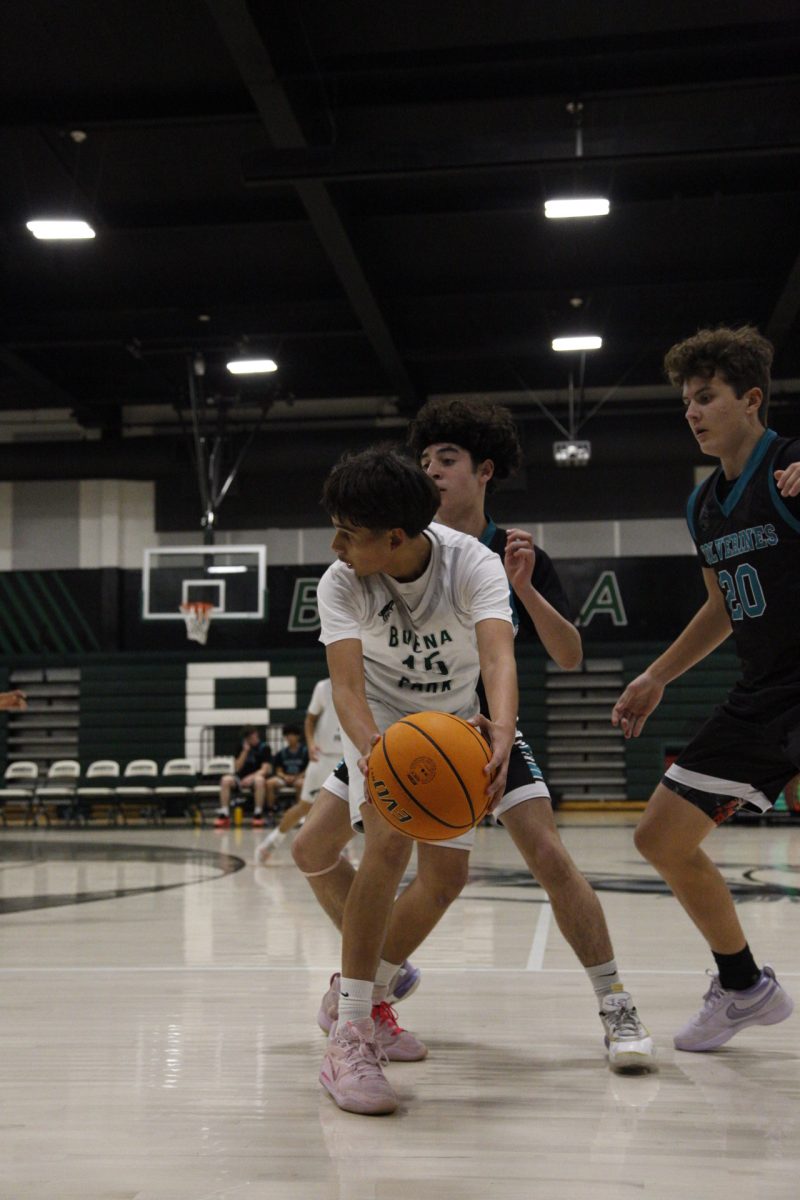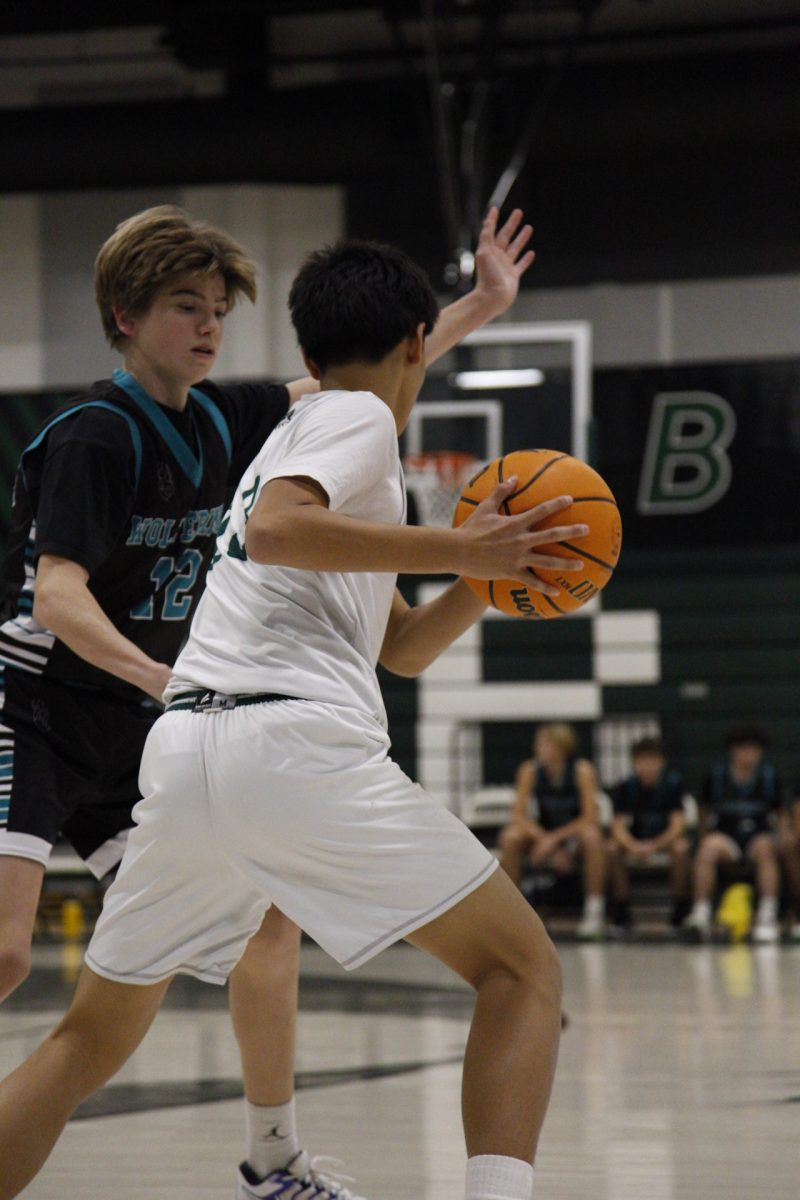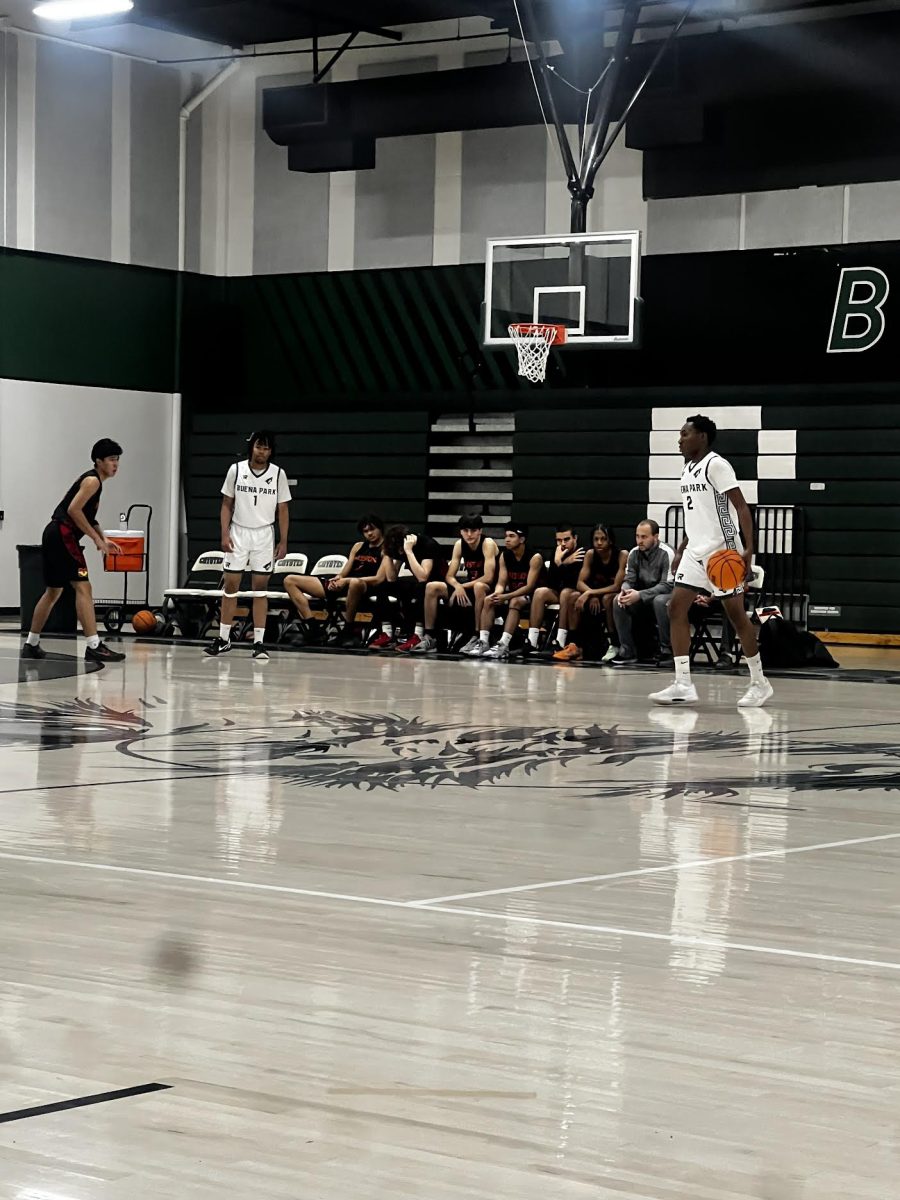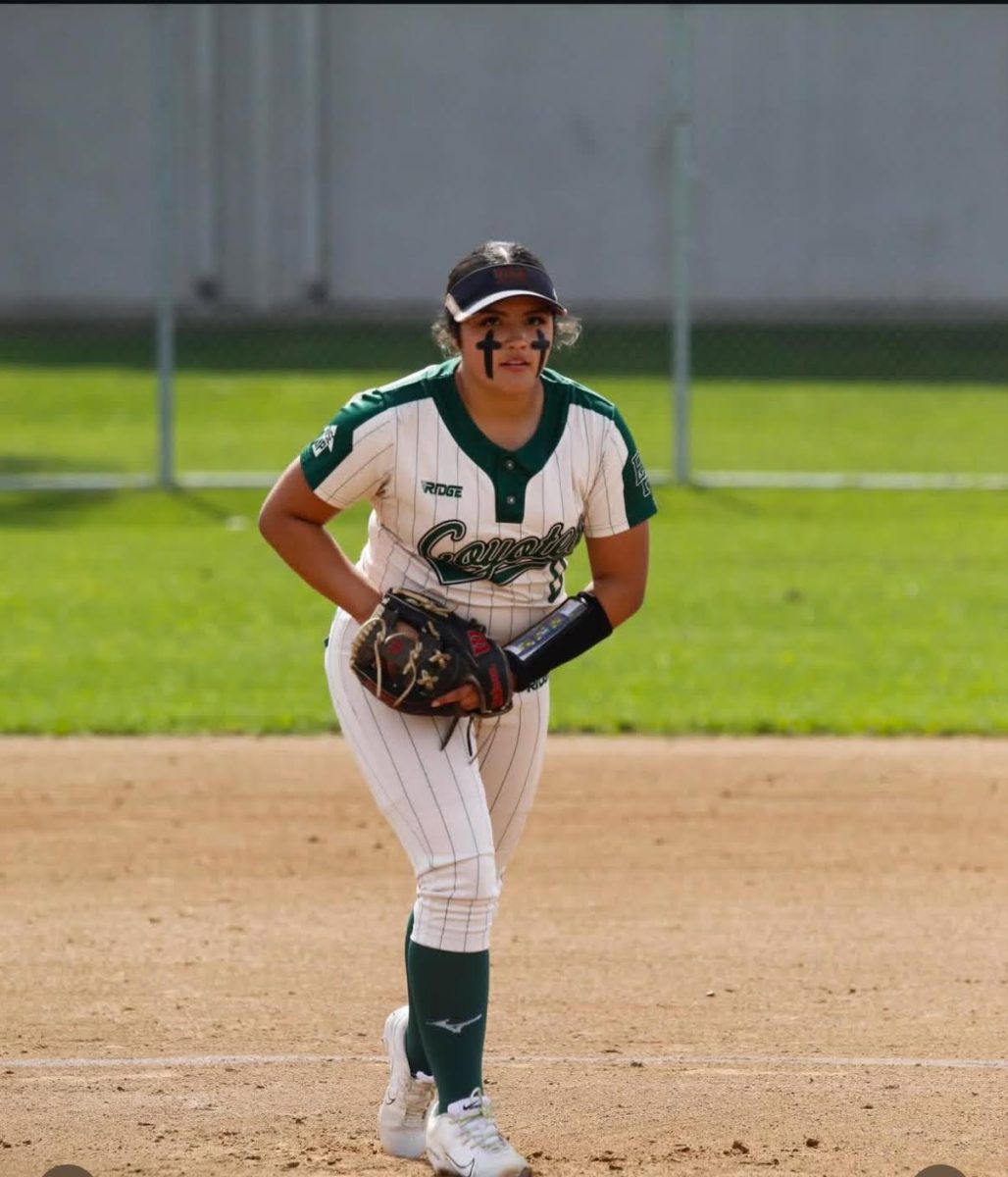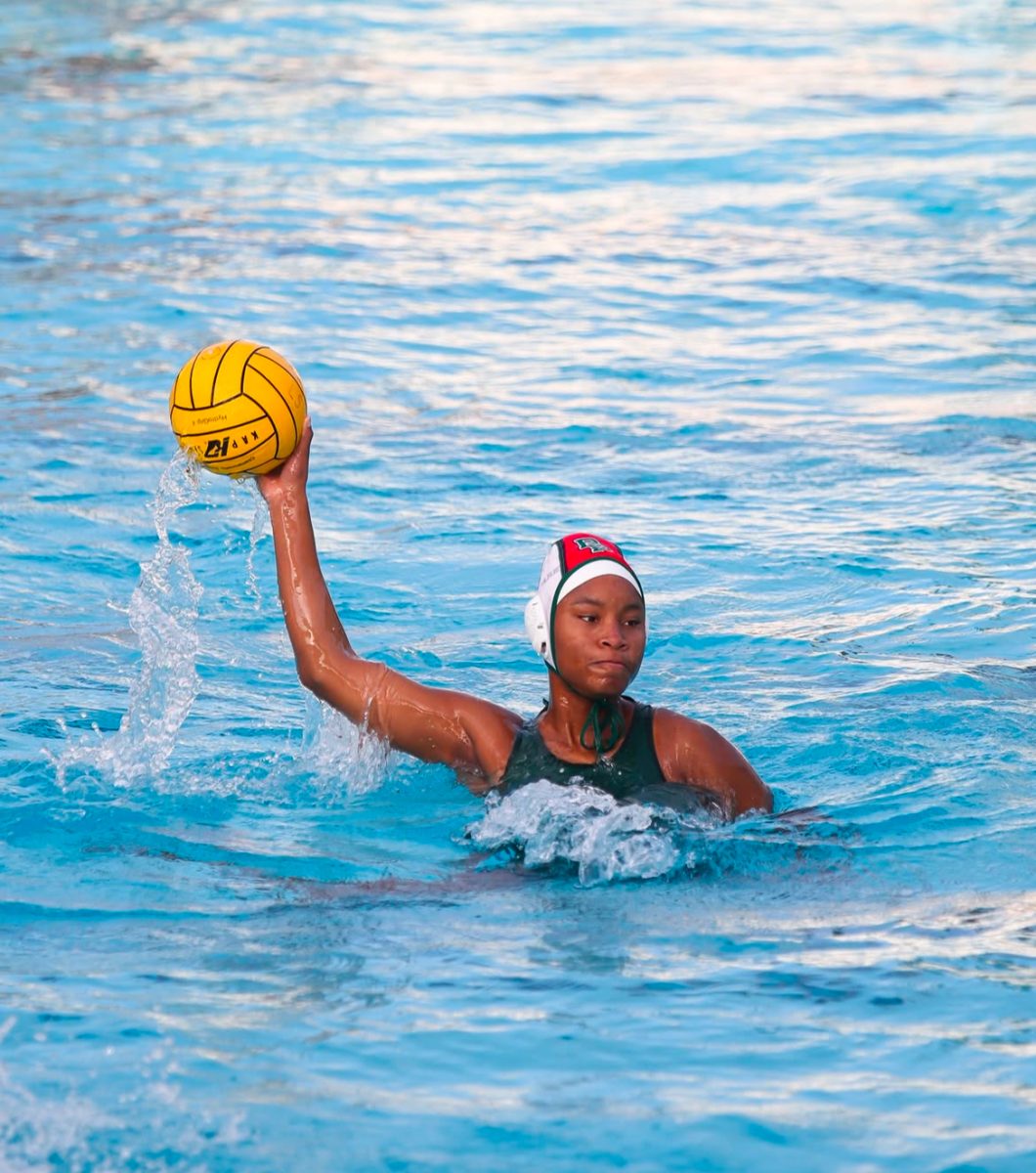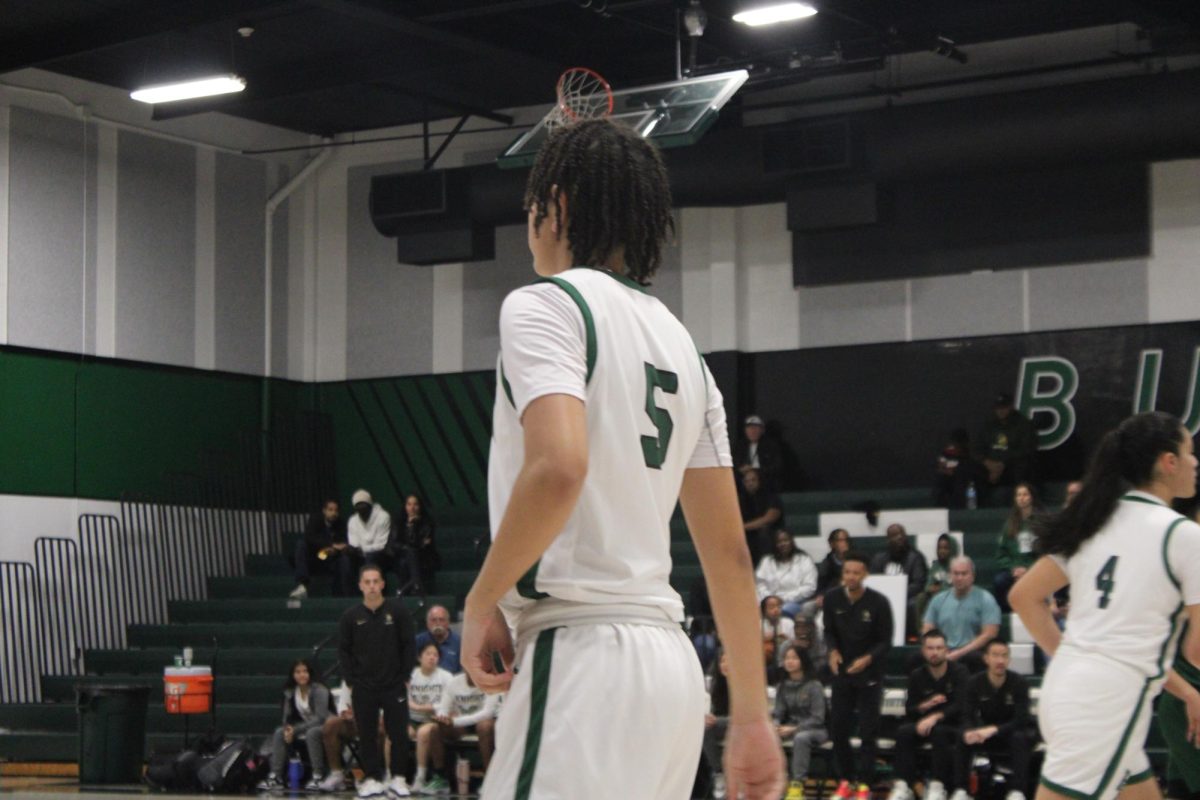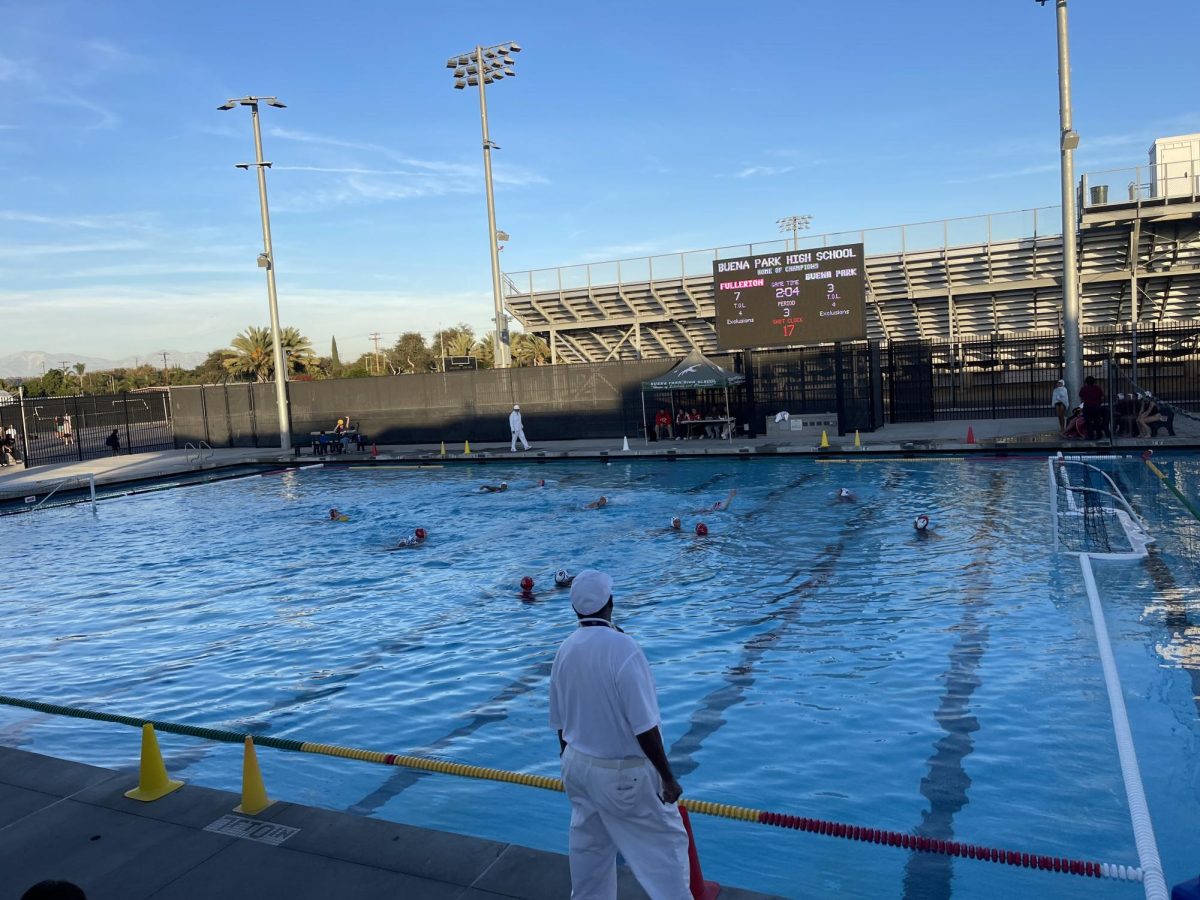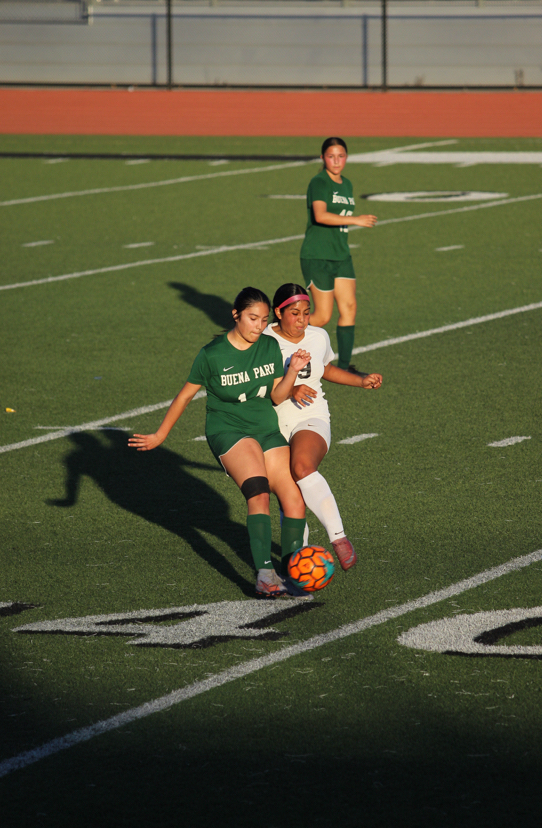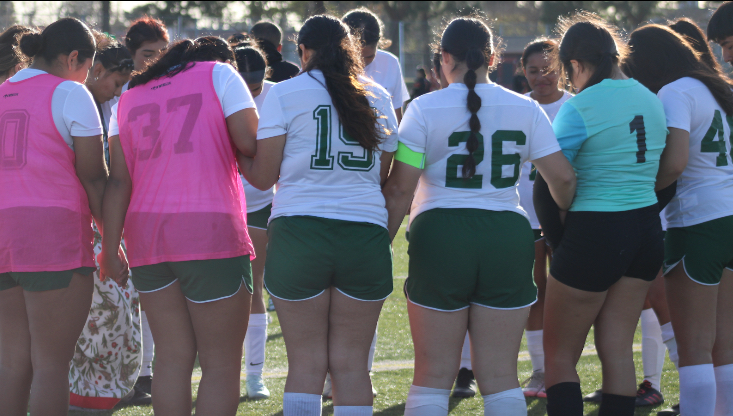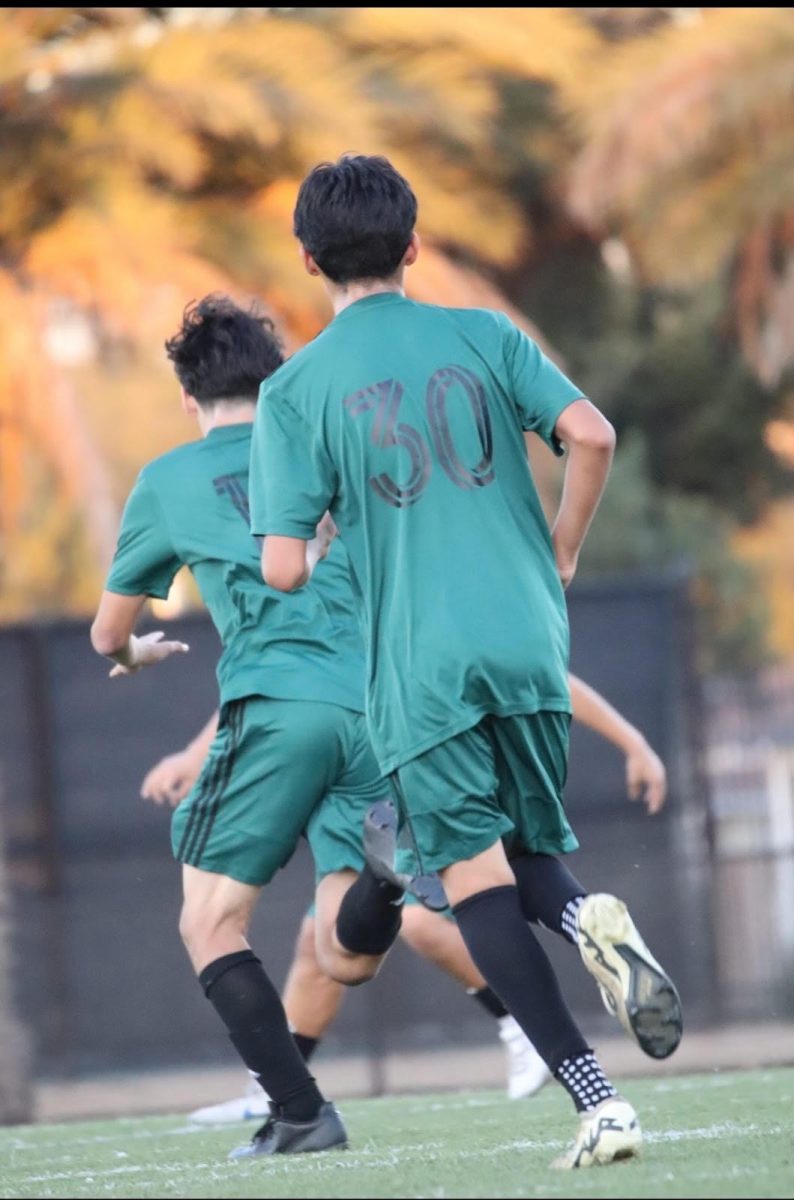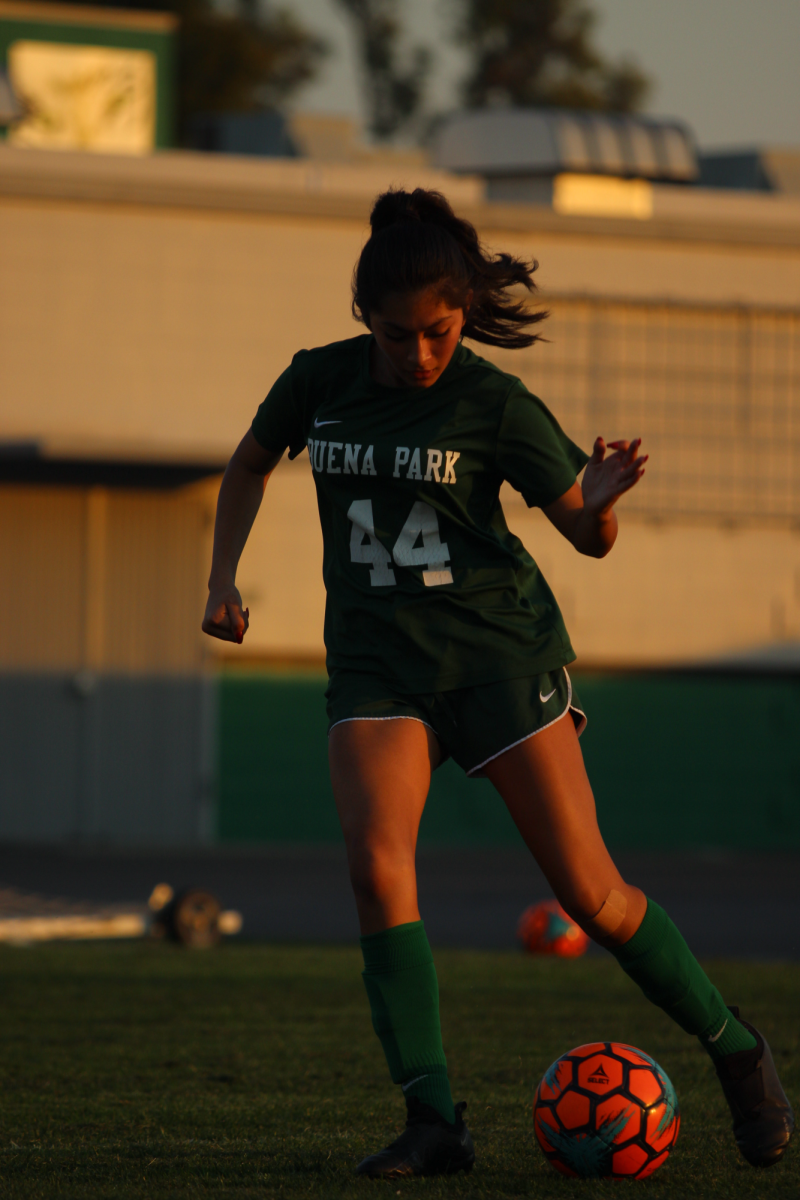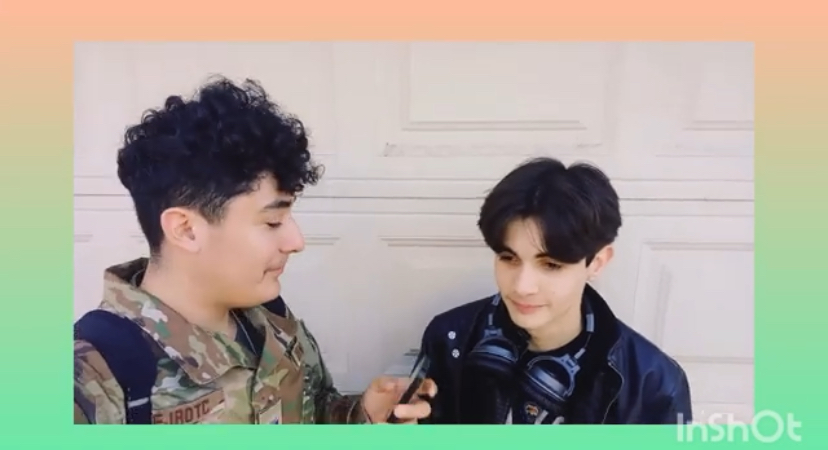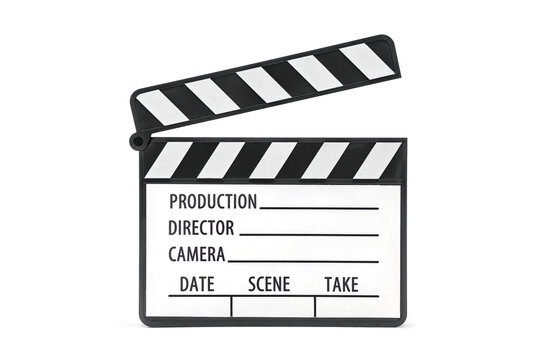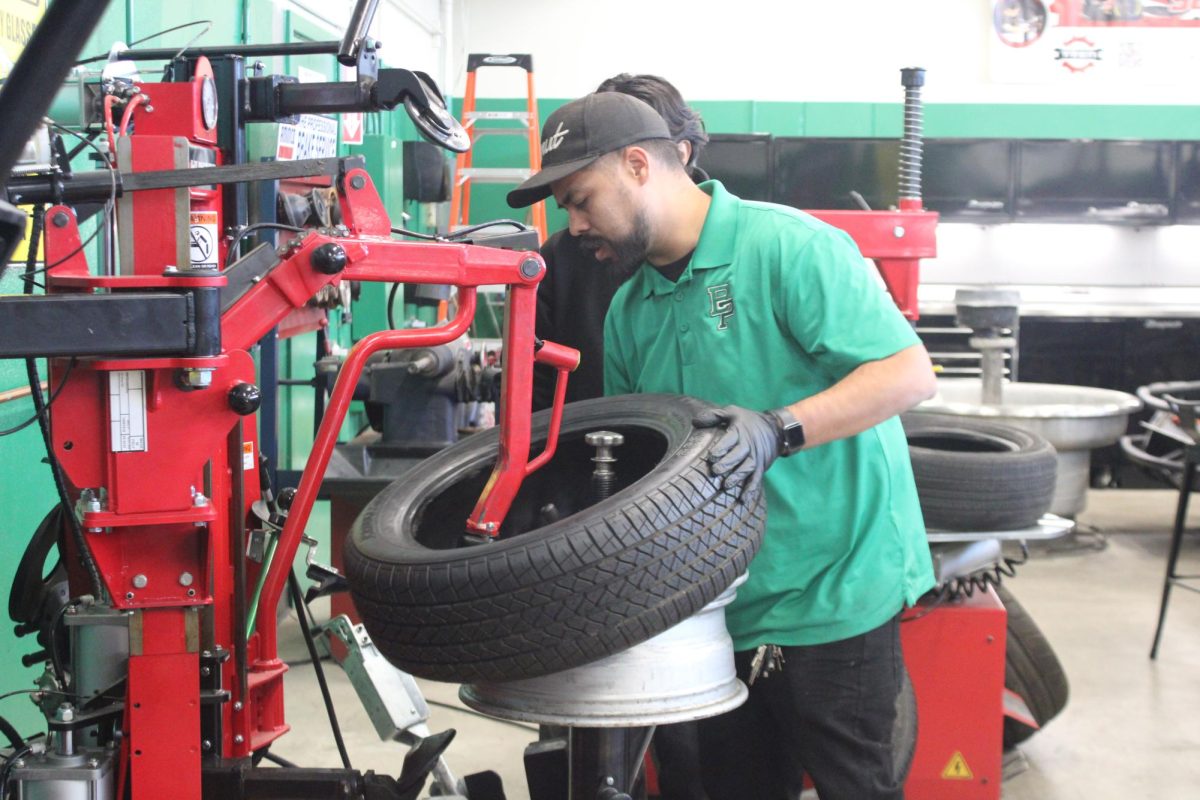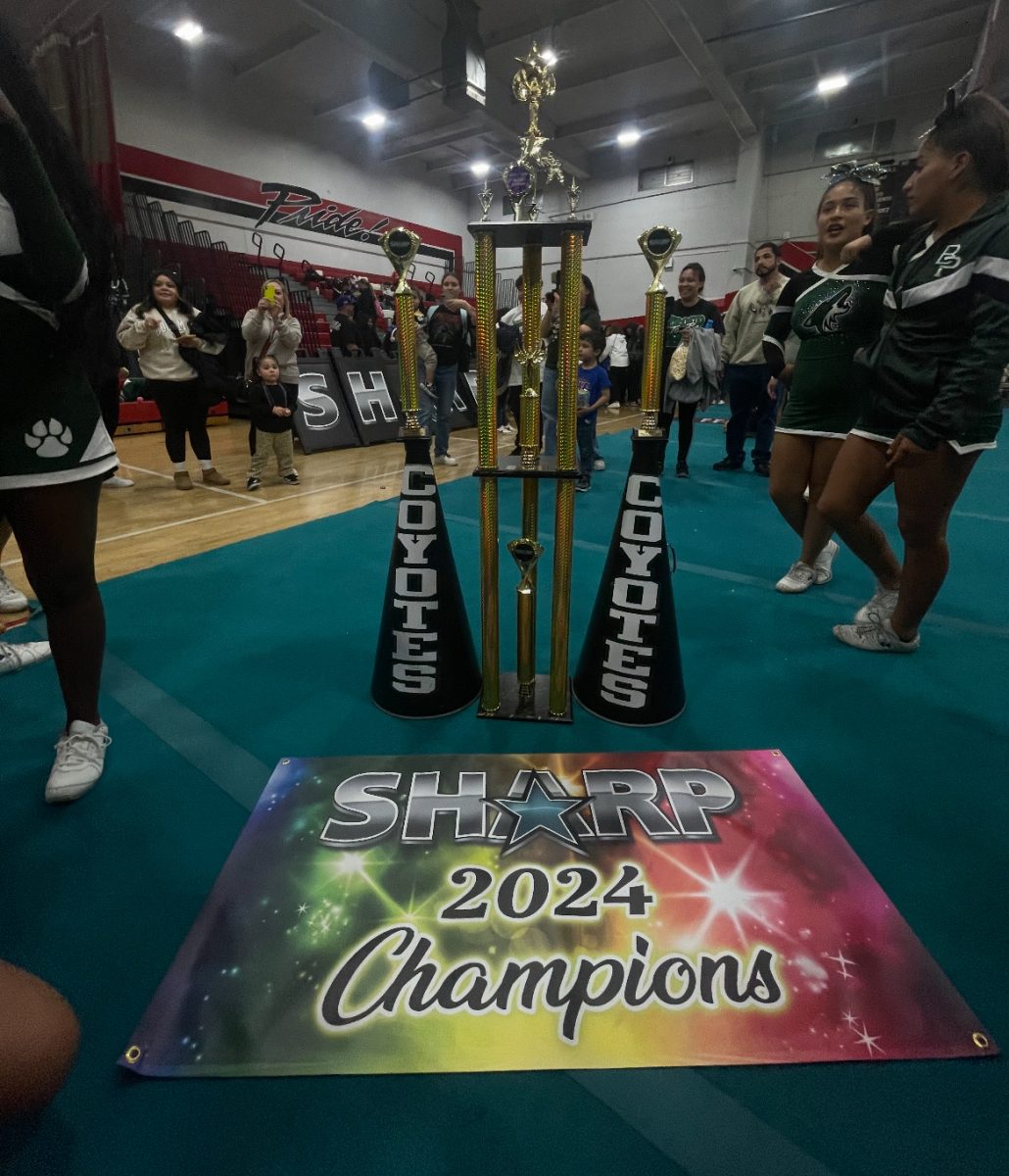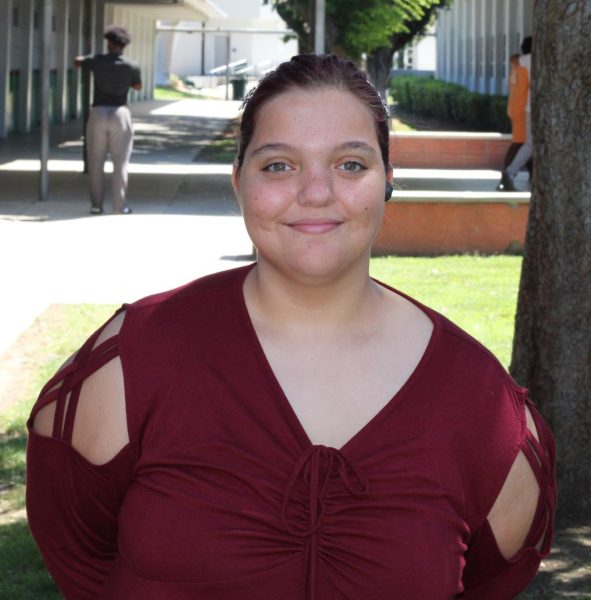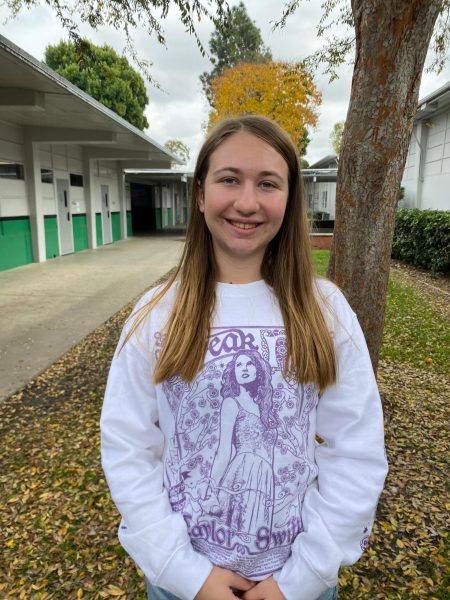Friends are there to support each other. You want your friends to succeed. You want them to be the golden player, the lead in the school play, the soloist of the show, or maybe the captain of the soccer team. But what happens when this “friend” is a Teacher, Coach, or Parent? When they start to give more attention or opportunities to a single person or a group of people. And how would you feel if you wanted “The Favorite”? Favoritism can create toxic relationships mistrust and resentment among individuals.
The definition of Favoritism is The practice of giving unfair preferential treatment to one person or group at the expense of another.
Parental Favoritism
According to the Institute For Family Studies, 40% of all surveyed who have siblings report that they believe their parents had/have a favorite child. This is also concerning when you look at the fact that 8 in 10 Americans have siblings. Family life and family dynamics can have a large impact on the development of a child. Favoritism can harm the relationship between siblings & parents, harboring resentment. It can also harm self-esteem, making a person feel less about themselves, and feel lonely in general. So who is the favorite? On average, 33% of men report that they were favorite, in comparison to 23% of women. But it’s not just about gender. Middle children tend to feel most like they are not the favorite child, followed by oldest children, and finally, youngest children come in last to report feeling like an unfavored child. This can also be supported by the only 35% of middle children who report feeling an expectation to go to college, compared to the 48% of eldest children and 43% of youngest children. Regardless of personal opinion, you can see that expectations for college are used as a way of worrying and wanting a good future for their child.
Favoritism amongst a group
Ingroup favoritism can lead to prejudice and mistreatment among outsiders to the group, as stated in The Decision Lab. Individuals favoring their ingroup can become problematic when they start to treat outsiders unfairly and possibly start to feel justified in committing immoral actions as long as it benefits their group. University of Minnesota Libraries says that everyone categorizes themselves into ingroups and outgroups since it helps simplify one’s environment. It’s part of human nature to like people who are similar to ourselves, and one perceives members of their ingroup as people alike. Individuals like feeling good about themselves, which is why it’s natural for us to join like-minded groups and start to feel closed off towards outsiders. However, being close-minded can block one’s self from personal growth. It’ll shut them off from dozens of opportunities, experiences, ideas, and people. As shown, ingroup favoritism can lead to lower self-esteem and a lower level of trust and respect with outsiders.
Favoritism in the Workplace
As stated by Levine & Blit Attorneys at Law has stated that more than 75% of employees have witnessed favoritism in the workplace. The Ohio State University goes into detail on a survey study that consisted of 303 U.S. executives. They found that 56% of executives admitted to having a favorite candidate when making internal promotion decisions, and that 96% of them would hire their favorites over considering the other candidate’s skills and abilities. Showing favoritism towards one employee can result in many negative emotions such as disrespect, miscommunication, and reduction of productivity. If leaders let favoritism become a part of their decision making then they could unintentionally create a culture of division and skepticism. This can not only push away talent but it can also ruin the vision that an organization stands for, as stated by Forbes. Showing favoritism towards some and not all can reduce diversity in the workplace. Yours says that due to the biased nature of favoritism, bosses are more likely to choose favorites of the same gender, race, etc. This can perpetuate outdated, prejudiced workplace cultures which we’re trying to overcome.
Favoritism in School
Favoritism at school doesn’t just extend to that teacher that “doesn’t like you”. It can be seen from aids, coaches, directors, and even admin at your school. Everyone has personal biases, but when this floods into work or a school setting, it can cause a lot of hurt. You may see teachers be more lenient with late work, coaches or directors not putting you in the game or show, and even admin at your school giving some students the benefit of the doubt vs others. Some of the negative effects of favoritism in school from UCLA Center for Mental Health in School are:
-
Effecting the Failure or Success of a Student.
-
Negative effects on the teachers/administrators’ reputation
-
A feeling of rejection or isolation for students
-
Developing negative attitudes about self and lower confidence or negative image of self
-
Developing a large sense of pride or privilege
Your friends and peers are the ones who’ll uplift you through any tough times encourage you and guide you towards your goals and self-growth. However, once favoritism starts to play a role in your relationships with people, you can start to feel unimportant and not good enough within your environment. Favoritism creates division among people which will tear each other apart rather than encourage them. You want to feel a sense of belonging and feel accepted by the people around you, but if it starts to lead toward prejudice then is favoritism worth it?
